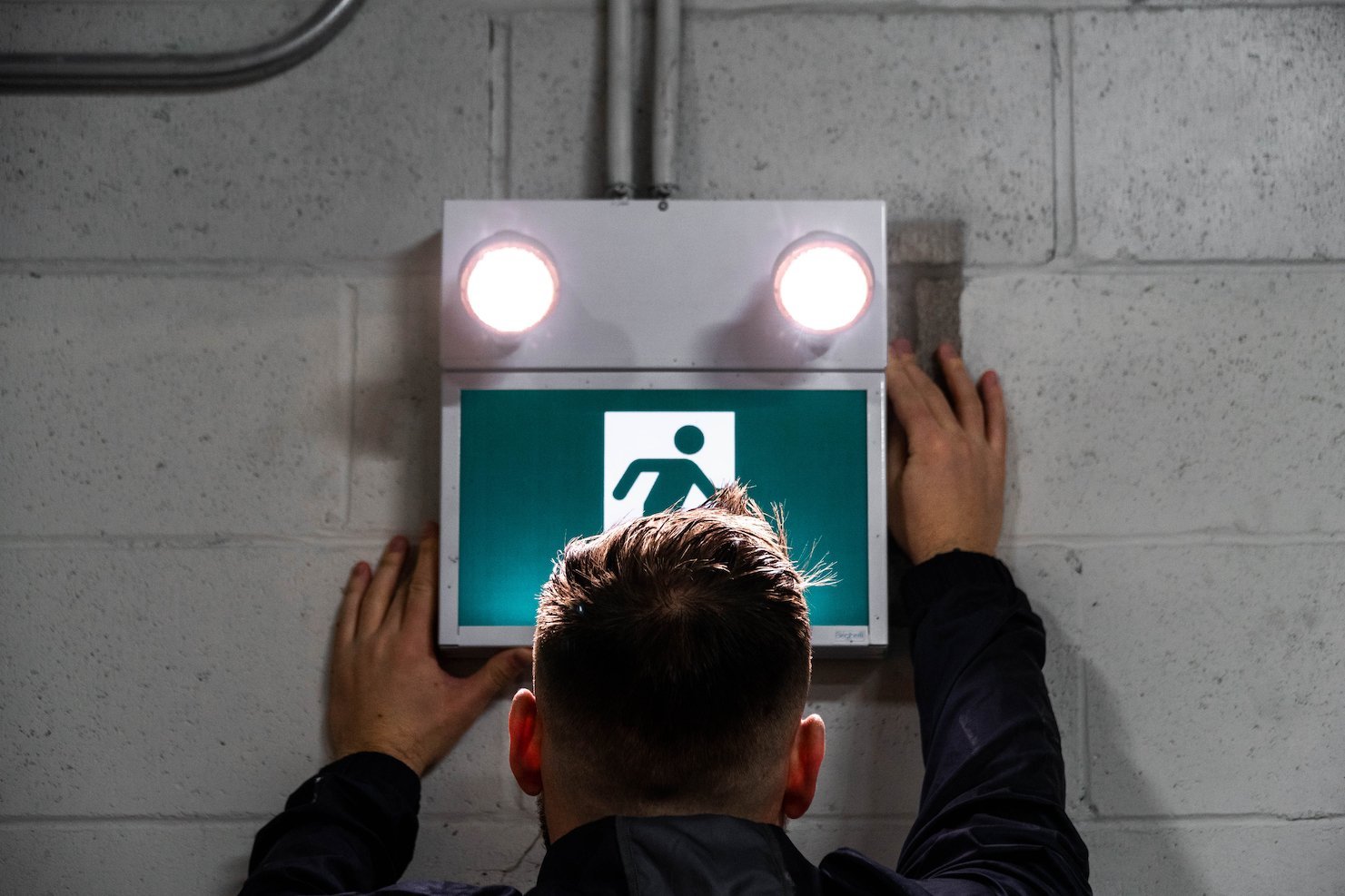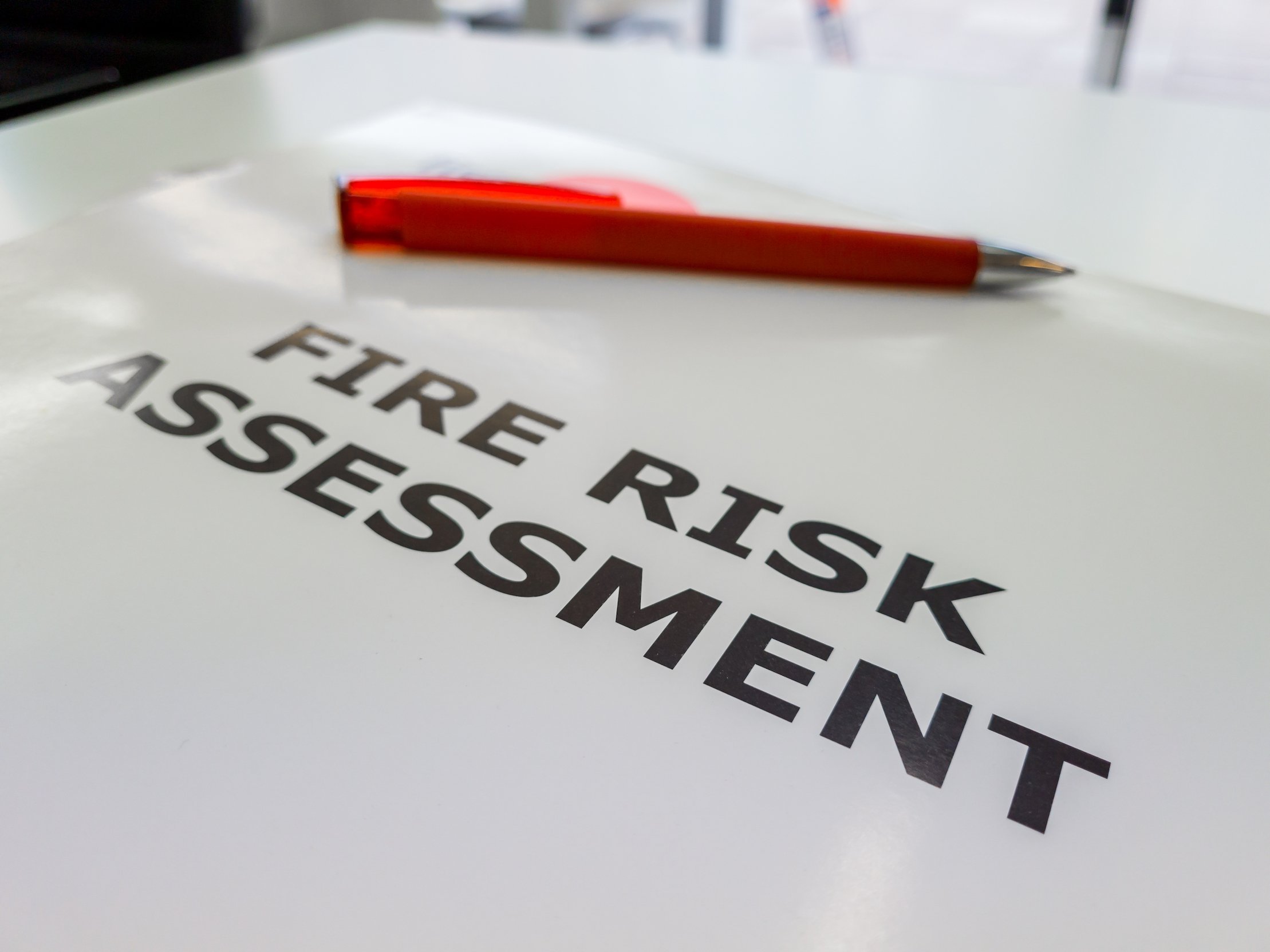Home Workers: Do they need PAT Testing?
As more and more people are working remotely, it's important to consider the potential hazards that come with home office equipment. Electrical safety is crucial, and pat testing plays a vital role in mitigating potential hazards. However, some may wonder whether home worker pat testing is truly necessary.
The truth is, even though home workers may not be in a traditional office setting, it is still important to ensure that their home office equipment is safe and compliant with electrical safety regulations. Home workers are still using portable appliances, such as computers, printers, and chargers, which can present hazards if they are not properly maintained or inspected.
Furthermore, employers have a duty of care to ensure that their employees are working in a safe environment, even if that environment is their home. By conducting pat testing for home workers, employers can mitigate potential hazards and demonstrate their commitment to employee safety.
It's important to note that pat testing is not a legal requirement, but rather a recommendation to ensure that all portable appliances are safe and compliant with regulations. However, in the event of an accident, if an employer has not taken reasonable steps to ensure electrical safety, they may be held liable.
In addition to potential legal consequences, there are also potential risks to employees themselves. Faulty or damaged appliances can cause electric shocks, fires, or explosions, which can result in serious injury or even death. Pat testing can help identify potential hazards and prevent accidents from happening.
Pat testing involves visual inspections, earth continuity testing, and insulation resistance testing. It's important to note that pat testing does not guarantee that an appliance will never fail or pose a hazard, but rather that it is in good condition at the time of testing.
If you're a home worker, it's worth considering investing in pat testing for your home office equipment. This can give you peace of mind knowing that your equipment is safe and compliant with regulations. Additionally, if you're an employer, it's important to consider your duty of care to your employees and ensure that they are working in a safe environment.
In conclusion, home worker pat testing is indeed necessary to ensure electrical safety in a remote work setting. While it may not be a legal requirement, it's important for employers to take reasonable steps to protect their employees and prevent potential hazards. Pat testing is a valuable tool in identifying potential hazards and ensuring that home office equipment is safe and compliant with regulations.
PatTest.com offers comprehensive pat testing services for home workers to ensure that your home office equipment is safe and compliant with all relevant regulations. With PatTest.com's easy booking process, competitive pricing, and expert advice and support, you can have peace of mind knowing that your equipment is in good hands. Plus, by conducting pat testing for home workers, employers can demonstrate their commitment to employee safety and protect their business from potential legal issues. Don't let electrical hazards put you or your business at risk – schedule your home worker pat testing with PatTest.com today!
Services We Provide
-

Portable Appliance Testing (PAT Testing)
We provide PAT testing, which is a process of regularly inspecting and testing electrical appliances to ensure their safety for use in various settings.
-

Fire Alarm Service & Maintenance
We provide fire alarm servicing & maintenance in buildings to ensure their proper functioning and prompt detection of any potential fire hazards.
-

Fire Extinguisher Service
Fire extinguisher servicing to ensure that they are in proper working order and capable of effectively extinguishing fires when needed.
-

Emergency Lighting Test & Maintenance
Emergency light testing is the inspection and testing of emergency lighting to ensure that they will be functioning in the event of an emergency.
-

Fire Risk Assessments
We carry out Fire risk assessments to identify potential fire hazards in your building and recommend appropriate measures to minimize the risk of fire.

